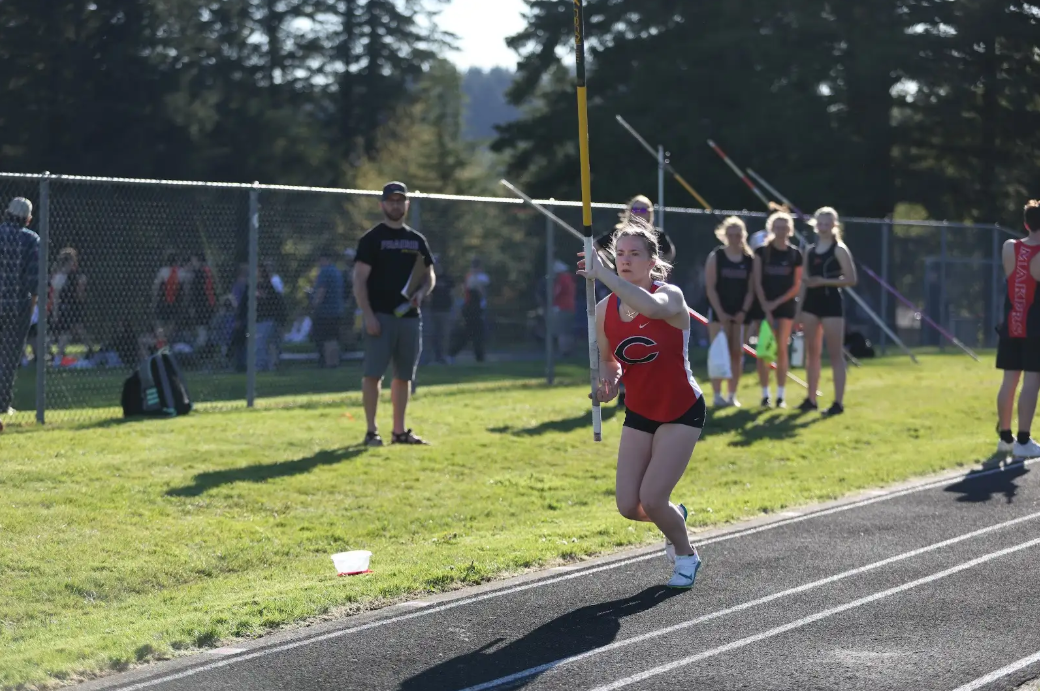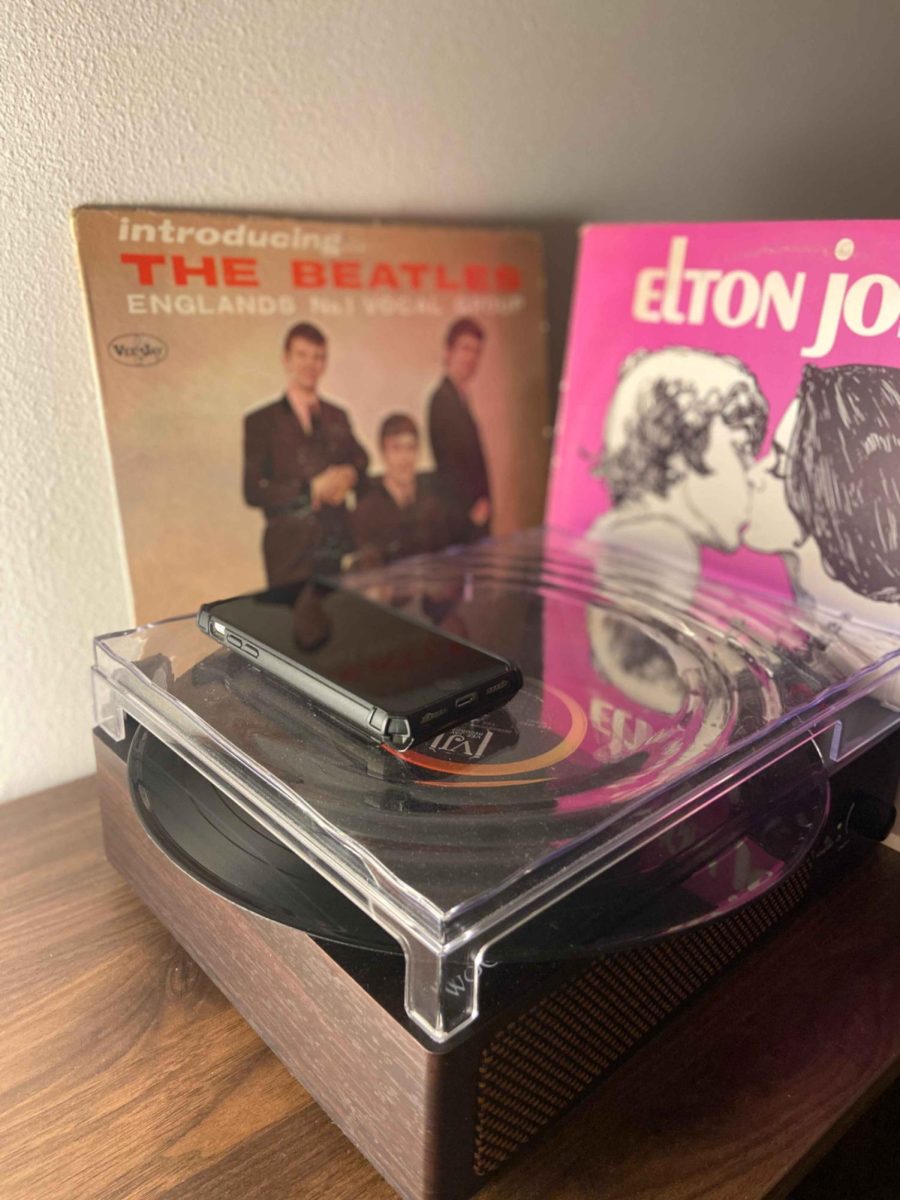Hi again! I am Matt Burns, a Camas High School senior who suffers from a rare disorder called hemophilia. In part one of this series, I explained the background of hemophilia and what it is. If you missed part one, you can find it here.
So, now that you have a brief understanding of this, let me talk a little bit more about me. I was diagnosed directly after birth due to both of my older brothers having hemophilia. I lived a fairly normal childhood — nothing crazy. I still went outside and played with my friends, riding our bikes or scooters all across the neighborhood during the summer, playing soccer with my best friend Blake. It was not that different from your life. I did, however, have to receive a shot in my arm and get injected with clotting factor to boost my levels to a healthy range before I did anything active. Like a normal kid, I did not enjoy this, but it was either get a shot or stay inside and watch my friends play. Sometimes I would risk it and go run around and have fun, and by the time I was done, I would be limping home with bleeds in both my ankles because I tripped or landed awkwardly from a jump. Then I would have to get a shot to try to stop the bleeding and use crutches to get around the house.
There was a time when I was around five or six years old when I had a bleed in my ankle. I probably got it during a soccer game or something, but for some reason, nobody could hit a vein when they gave me a shot. My mom tried multiple times and she could not get it; my veins were too small for her. We called a home nurse to come over and try, and she could not do it either. And this was not one shot and quit and try again tomorrow. I was getting a shot three or four or five times a day, all in different areas of my body. It was so painful that I remember hiding in the bathroom anytime somebody rang the doorbell in fear that it was the home nurse. I had this bleed for a couple weeks and my ankle was swollen to a dangerous size. Desperate, my mom took me to an urgent care in town to see if a doctor there could hit my vein and give me my medicine. After a three-hour wait that felt like forever in the wee hours of the morning, we finally saw a doctor… and he missed. With no hope left, my mom took me to the emergency room, and finally they hit the vein. They decided it best if they implanted a fake vein in my chest called a portacath. As a kid, I did not really care. I was not scared, I was just super excited I could have spaghetti for dinner every night. So with my medicine on drip in me, they implanted the port with no complications. They kept me in the hospital for a couple of days to make sure there was no infection or postoperative complications. I went home about three days after the surgery and began to adjust to life with a port. I had a bump under my skin that looked a little funny, I could not play some of the games that my friends and brothers did in fear of breaking the port,

and I could not take a soccer ball (or any ball for that matter) to my chest. I adjusted quickly and learned to live with minimal contact to my chest. I had the port for five or six years before the hematology doctors determined that my veins were large enough to remove the port. Finally free and feeling like a changed man, I was ready to face any challenges thrown my way. Just kidding — I still have no idea what I am doing.
I still faced some obstacles with hemophilia, mainly at school. With hemophilia, I usually get bleeds in my ankles, causing discomfort, swelling, pain, and reduce mobility. I would be on crutches at school for a day, go home, take my medicine and wait for it to work. When I woke up, the bleed was usually gone. I would go to school running around and playing with my friends at recess. My friends were happy that I was okay, but some of my peers thought that I was on crutches for the attention and I was faking the pain. As a young boy, and still struggling at the fact that this was complete by chance, I was hurt. I did not choose to have hemophilia. I do not want to be on crutches, but I wanted my ankles to feel better.
This series will continue with part three, a look into a camp I went to that impacted my life forever.




































Seanna Miller • Feb 9, 2018 at 12:04 PM
It’s great how you can get through that, this was really refreshing to read about. It takes a lot of strength to struggle like that and still be an athlete.
Hannah Bieger • Feb 9, 2018 at 9:28 AM
I appreciate the honesty and background. It is refreshing to read.